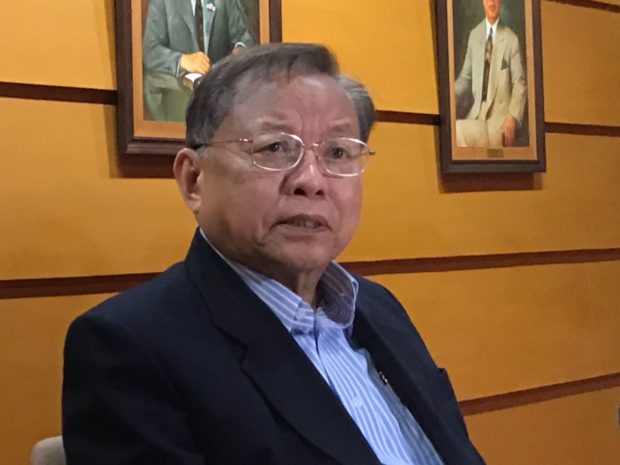New chapter: Puno body to tackle political dynasties
Will political dynasties be history in the new federal Constitution being planned by President Rodrigo Duterte?
The consultative committee created by Mr. Duterte to review the 1987 Constitution is scheduled to vote on Monday on a set of self-executing constitutional provisions that could spell the end of political dynasties in the country.
The vote will involve provisions with a ban on relatives up to the second degree of consanguinity (relations by blood) and affinity (relations by law).
Monopoly of power
“The vote will affirm a consensus arrived in a committee of the whole deliberation on the extent of the domination by political dynasties and how they have led to bad governance, created monopoly of political and economic power, bastardized democracy, stunted socioeconomic development and contributed to poverty,” the committee said in a statement.
Article continues after this advertisementThe consultative committee, chaired by former Chief Justice Reynato Puno, convened as a committee on the whole last week to debate on various proposals regarding the structure of the federal-presidential form of government that the body decided last month to recommend to the President.
Article continues after this advertisementSecond degree
The committee members will decide whether or not two or more relatives to the second degree may be allowed to simultaneously hold or run for positions at the national, regional, local or barangay levels, or any combination.
There will also be a vote on the extent of prohibition on succession of incumbent public official by a relative.
The committee members will decide whether or not a relative to the second degree may be allowed to run for an office to be vacated by the incumbent at the national, regional, local or barangay levels.
In its statement, the committee said it arrived at a consensus on a second-degree ban after reviewing various expert research and studies on political dynasties in the Philippines.
The ban will cover a candidate’s spouse; parents, grandparents, children, grandchildren, siblings, siblings’ spouses, nephews or nieces, parents-in-law, siblings-in-law and grandparents-in-law. Also included are stepfamilies.
